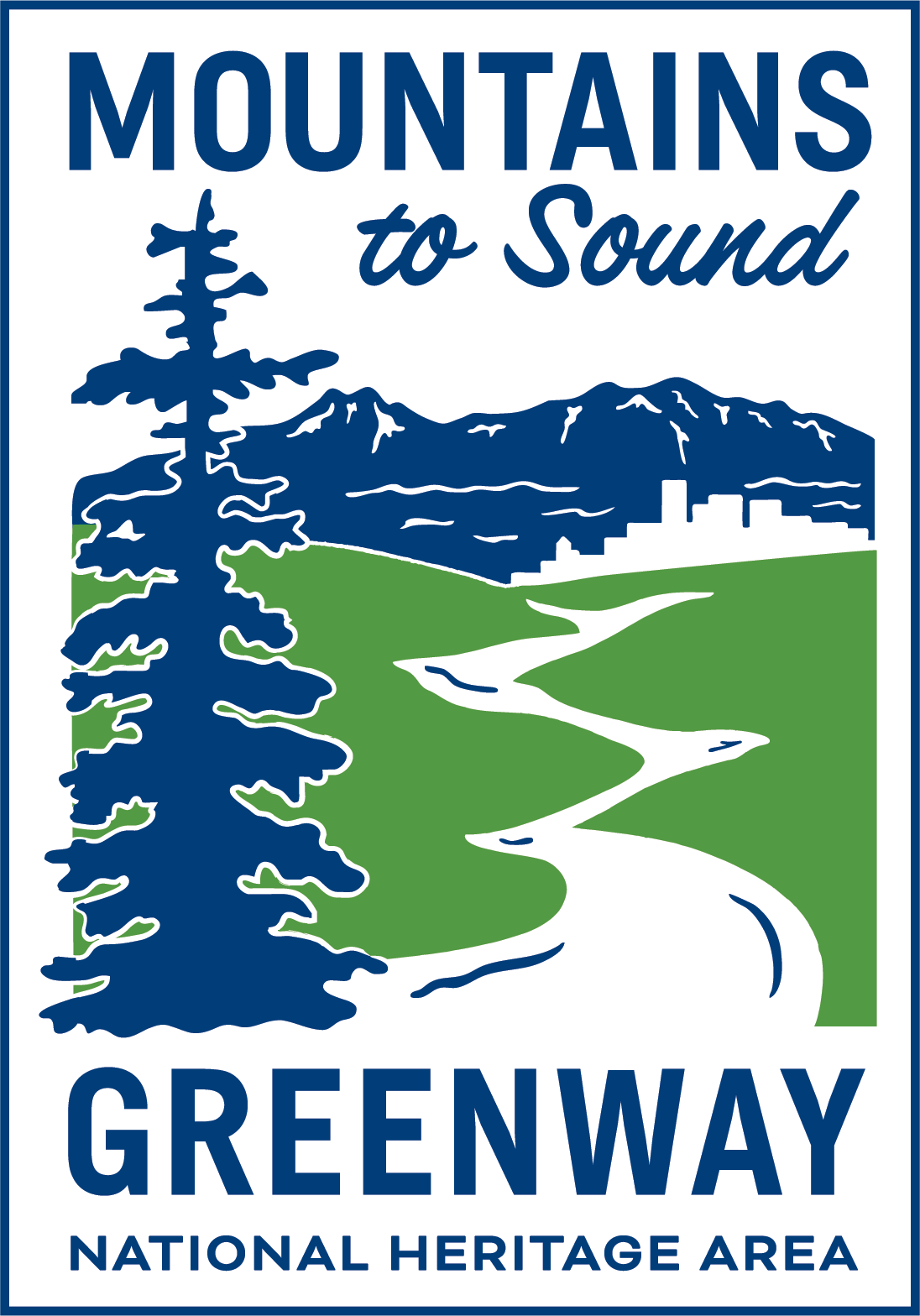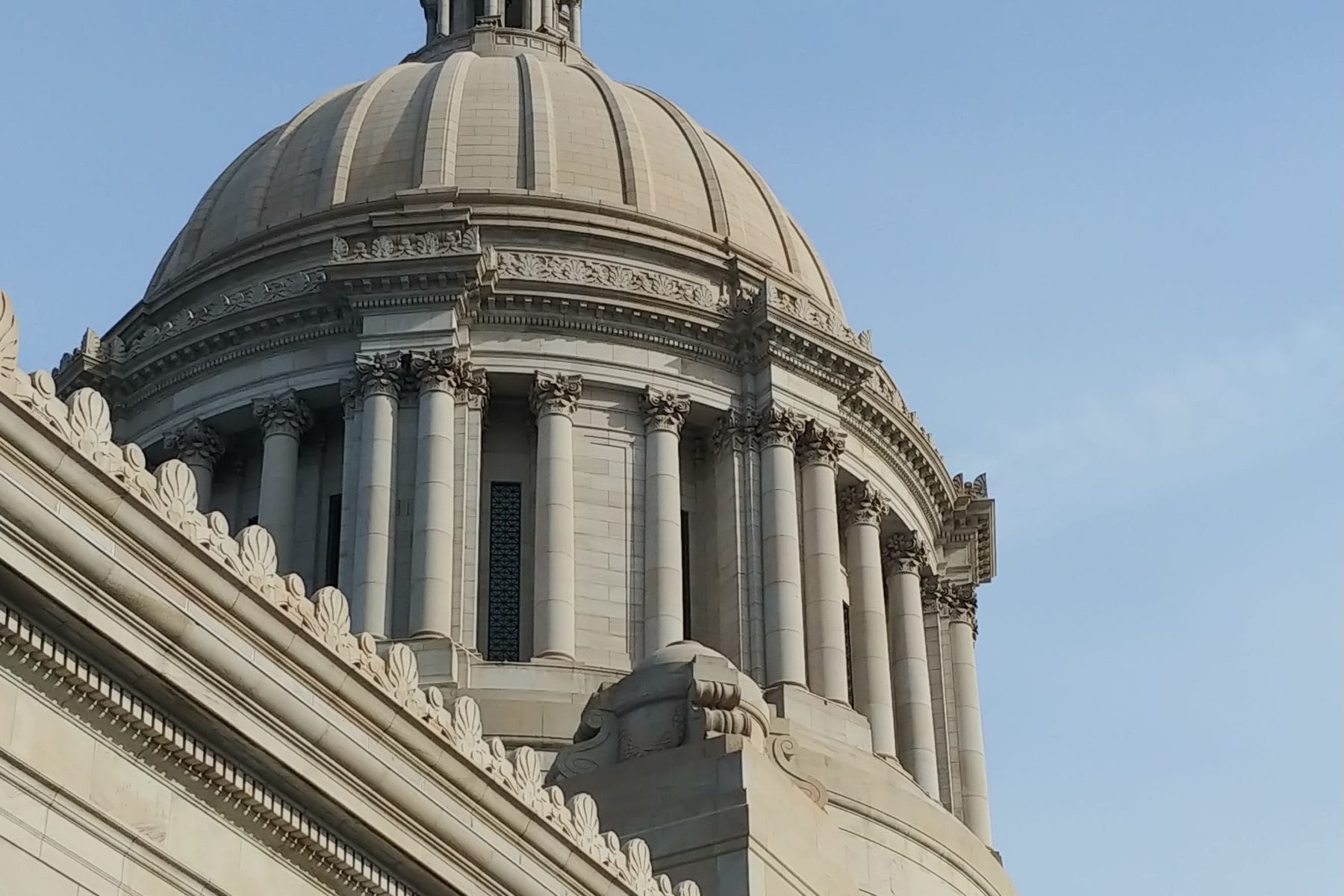State Budget Contains Both Wins and Losses for Our Region
The Washington State Legislature adjourned Sunday night with a new budget for the next biennium. During this session, the Greenway Trust joined many conservation and outdoor advocates in Olympia to share our support for state land management agencies and their request for adequate funding in order to maintain wildlife habitat, forests, parks and recreational facilities that we all enjoy. Through our combined advocacy effort, Greenway priorities such as the Washington Wildlife and Recreation Program and the Teanaway Community Forest received strong support in the budget. While we are excited for these essential grants and programs, some priorities didn’t fare so well that leave us concerned for agencies’ ability to maintain their lands.
Here is a wrap up of the legislative session:
Washington Wildlife Recreation Program
Washington Wildlife and Recreation Program (WWRP), the state’s largest public funding source for outdoor recreation and community projects, received $85 million in the capital budget this session. While this wasn’t the $130 million proposed, it is a $5 million increase from the previous session and will serve a multitude of projects in the Greenway including work on Tiger Mountain, Raging River, the Middle Fork Snoqualmie River Valley, and Mount Si. The WWRP grant program is housed in the Recreation and Conservation Office.
Other RCO programs we advocated for this session include the Salmon Recovery Funding Board (SRFB), a program that focuses exclusively on protecting and restoring salmon habitat statewide, and Puget Sound Acquisition and Restoration Fund (PSAR), a program led by Puget Sound Partnership who works with local entities in the Puget Sound region to identify and prioritize the most effective projects to restore salmon populations. Both SRFB and PSAR received adequate funding that will allow their critical restoration projects to see fruition.
Department of Natural Resources
The Washington State Department of Natural Resources (DNR) manages 5.6 million acres of conservation, recreation and working lands that generate revenue and provide recreation opportunities across our state. With a record number of recreation-seekers visiting DNR lands this past year, adequate funding for safety, sanitation, and ecological improvements are needed to ensure their long-term sustainability. Unfortunately, this biennium budget left the department’s recreation sector with little support to do so.
The DNR operating budget will lose $750,000 in Discover Pass funds, which will be reallocated to general funds. Discover Pass is a user-fee based program designed to support public lands it offers recreational access to and was designed to be an essential funding source for maintenance and operations for DNR and State Parks. Shifting some of the revenue away from these agencies and into the general funds sets a bad precedent and undermines the intent of this important revenue source.
Several DNR capital programs did not receive strong support from the budget which will limit the department’s capacity to work on new projects and even maintain existing trails. The programs include the Sustainable Recreation program, Natural Areas Facilities, Puget Sound Corps and the Rivers and Habitat Open Space Program. The Sustainable Recreation program was funded at $2 million out of an $8.5 million request by DNR.
Fortunately, the Teanaway Community Forest will receive its full request for $1.8 million for maintenance of the beautiful river basin and popular recreation area. The operating budget for Wildfire, Forest Health also received fund levels near its the department’s request that will go toward fighting and preventing wildfires and improve forest health.
State Parks and Recreation Commission
State Parks was allocated a stable budget for the next biennium which will help address the growing maintenance backlog as well as support programs that sustain recreation sites in and around the Greenway.
In addition to securing much needed operational support, the department also received $50.9 million out of the $96 million. This funding will go toward renovations and upgrades of buildings and water, sewer and electric systems in more than 80 parks. This includes improvements to the Palouse to Cascades State Park Trail and the rehabilitation of the Beverly Bridge that will help connect a 224-mile trail across the state of Washington.
Department of Ecology
The Floodplains by Design program works to reduce flood risk and restore habitat along Washington’s major rivers by leveraging funds and completing priority flood management projects across the state. For this biennium, the program received their highest appropriation of $50 million. This will allow the department and its partners to reduce flood risk to homes, farms, and businesses for nine integrated river management projects while additionally restoring fish habitat and enhancing recreation opportunities.
Public Lands Day
Mark your calendars for the newly declared Public Lands Day! During this legislative session, lawmakers unanimously passed House Bill 1449 known as the Washington Public Lands Day bill. This is a new holiday that will occur on the fourth Saturday in September celebrating our state’s unique and vibrant landscape.





